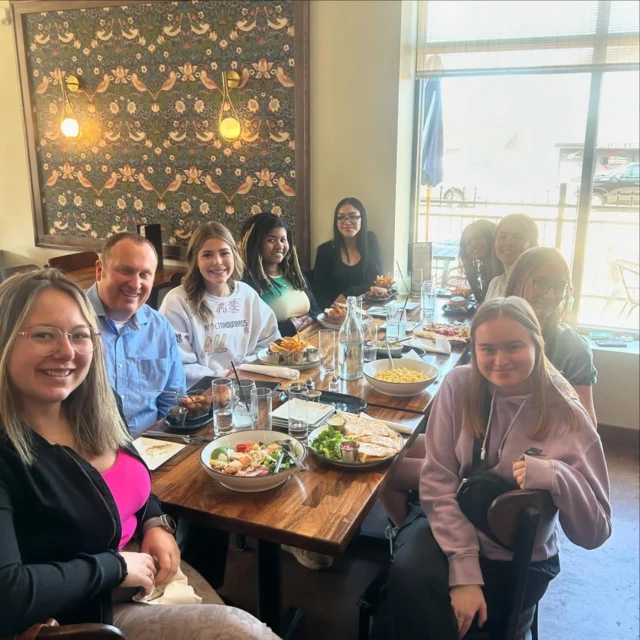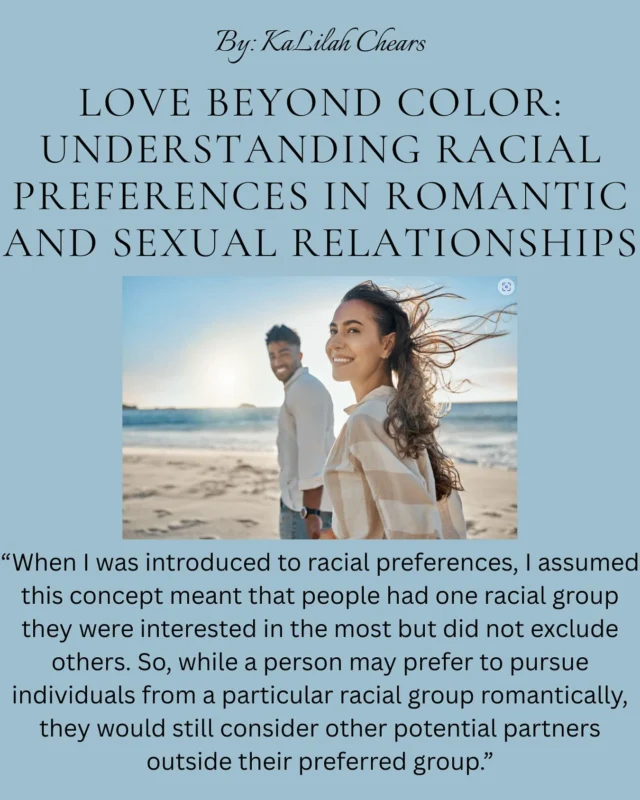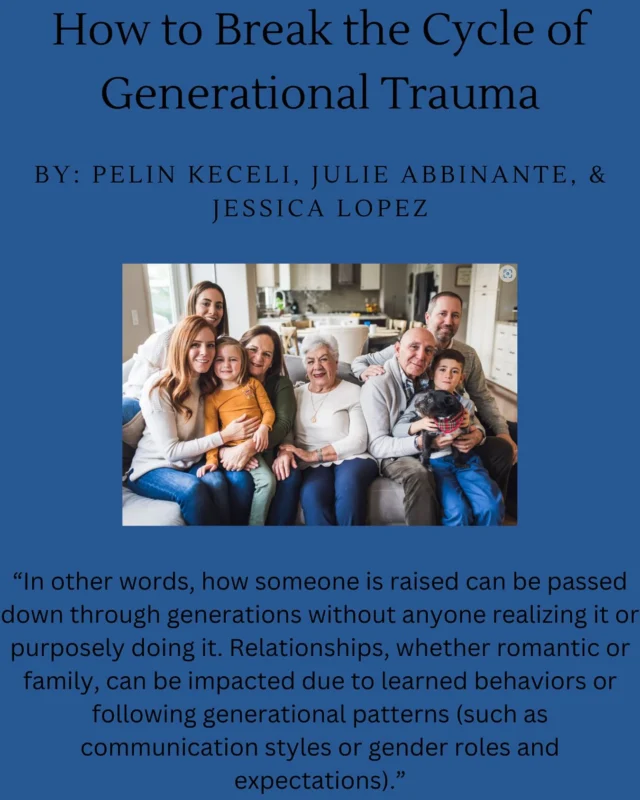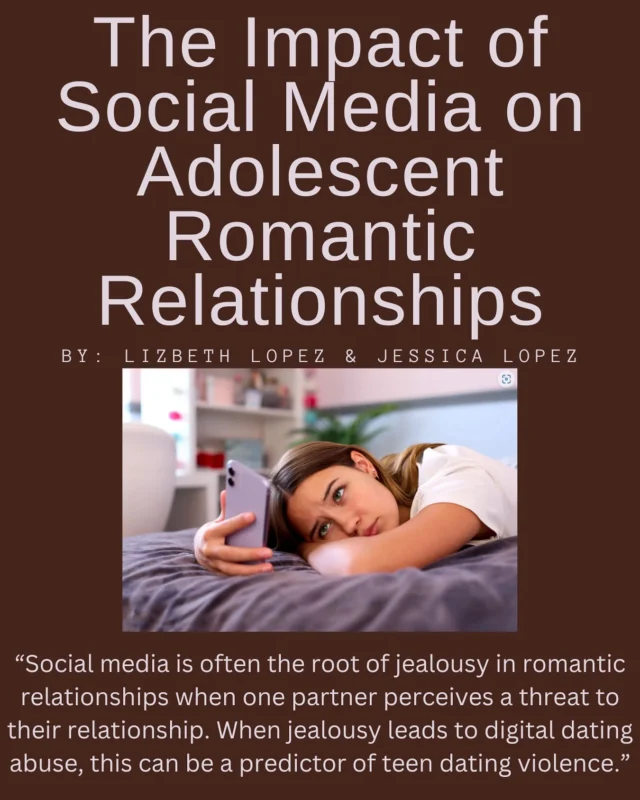As an assistant professor in Human Development and Family Sciences at Northern Illinois University, I have the unique opportunity to teach upcoming generations about marriage and family relationships. But teaching about these subjects can be demanding, and I often feel like I am at the front lines in defense of marriage and family relationships. In my experience, emerging adults (18-29 years old) are inquisitive and want to know what they can do to succeed in their relationships. At the same time, they are not afraid to challenge the content they are learning during lectures or in their textbooks. Truly, emerging adulthood is a critical time to educate young people since decisions about romantic relationships often characterize this developmental period. Perhaps that is also one of the reasons I find teaching about families to be so worthwhile.
At Northern Illinois University, which is located about an hour outside of Chicago, we have an especially diverse student body, and a high percentage of first generation students. A significant portion of our students have experienced some form of family instability (e.g. child maltreatment, parental divorce or separation, observing intimate partner violence, fatherlessness, parental drug or alcohol abuse), and enter our classrooms with strong feelings about family relationships and assumptions about how families function.
As a long-time reader of the Institute for Family Studies blog, I appreciate the diversity of perspectives presented on its pages, and that, at the end of the day, we all seem to be seeking the common goals of healthier children, relationships, and families. IFS is an exceptional resource for not only the latest research, but also contemporary commentary from top scholars, clinicians, practitioners, educators, and policy makers.
That’s why I integrated IFS blog posts and content into my classroom this past semester in my HDFS 284: Introduction to Family Relationships class. To supplement my own lectures, and the reading in the textbook, I used 19 different research-based articles as required reading for the class, as well as content from Brian Willoughby and Spencer James’s new book The Marriage Paradox: Why Emerging Adults Love Marriage Yet Push It Aside. My students also read Love Me True by Jason Whiting and completed a substantial class assignment. Of the 19 articles that were required reading for my students, 12 were blog posts from the IFS blog. The blog content had a substantial impact on class discussions, the applied daily writings students completed during each class, and the questions that were asked on quizzes and exams.

A couple of the major themes that I emphasized while teaching this class were the importance of commitment in relationships and healthy decision-making, including the following topics:
1. Cohabitation – With the increasing numbers of couples cohabiting, this is a very pertinent topic to tackle, so I introduced the work of Scott Stanley and Galena Rhoades and the concept of sliding versus deciding. In my end-of-semester evaluations, sliding vs. deciding was discussed again and again by my students as something powerful they learned from taking the course. Unfortunately, the potential downsides to cohabitation were dismissed by our textbook and a few of my students due to selection effects. This led to a discussion about the role of selection effects in research, and the importance of not dismissing personal choice. My class was also required to read about asymmetrical commitment and how testing a relationship is probably the worst reason to cohabit. This additional reading greatly enriched our class discussions and provided a perspective that was counter to what many assumed about cohabitation.
2. Parenting – I felt strongly that the lectures I had previously developed and the content from the textbook provided ample strong points for discussion. However, I appreciated the class being supplemented by outstanding blog posts from Justin Coulson on parenting and another from Alysse ElHage about the value of having two parents. Since many of my students grew up in single-parent homes, it was fascinating to infuse the class with this additional perspective. This led to an engaging discussion about fatherhood and whether or not fathers truly provide anything meaningful to the development of children. Something that I highlighted in our discussion is that recent research indicates that father loss may even impact children at the cellular level.
3. Marriage – One of my favorite questions to ask students is if they plan to get married someday. For those close to this area of research, it is clear that vast majority of emerging adults are still interested in marriage and would like to get married eventually, but they are not in any rush to do so. Two IFS articles helped facilitate a very lively discussion about marriage: The Millennial Success Sequence by W. Bradford Wilcox and Wendy Wang, and Scott Stanley’s blog post about waiting for the train. The discussion we had about sequencing and soulmates seemed counterintuitive to many of my students, but provided important insights into their own decision-making.
It takes great courage to effectively teach emerging adults about families and relationships, especially if the research being presented goes against the societal grain. My students are bombarded by a variety of messages from social and popular media about sex, cohabitation, marriage, child bearing, parenting, and more. As it has been discussed extensively on this blog, it is growing more difficult for emerging adults to navigate the ambiguous experience of forming romantic relationships. One reason young people are struggling is that they are experiencing “cuelessness,” as Scott Stanley has pointed out, especially when it comes to messages (or the lack of messages) that they are receiving from their peers and families of origin. While I don’t completely agree with Jean Twenge and all the ideas discussed in iGen, there is no doubt in my mind that technology (i.e. smartphones) are having a profound impact on all of us.
Because I care about my students, I want them to not only succeed in my classroom, but in their relationships throughout life. I have found that students are eager to learn more about family formation and the ingredients that can lead to relationship stability and satisfaction. That’s why I am so grateful for the balanced and in-depth resources that IFS is providing through its blog posts, research briefs, and reports, and why I share those materials in the classroom.
*This article was first posted at the blog for The Institute for Family Studies on January 4, 2018.
References
- Hymowitz, Carroll, Wilcox, & Kaye (2013). Knot yet: The benefits and costs of delayed marriage in America. National Campaign to Prevent Teen and Unplanned Pregnancy, National Marriage Project, Relate Institute.
- TwentySomethingMarriage.org
- Willoughby, B. J., & James, S. L. (2017). The marriage paradox: Why emerging adults love marriage yet push it aside. New York, NY: Oxford University Press.










